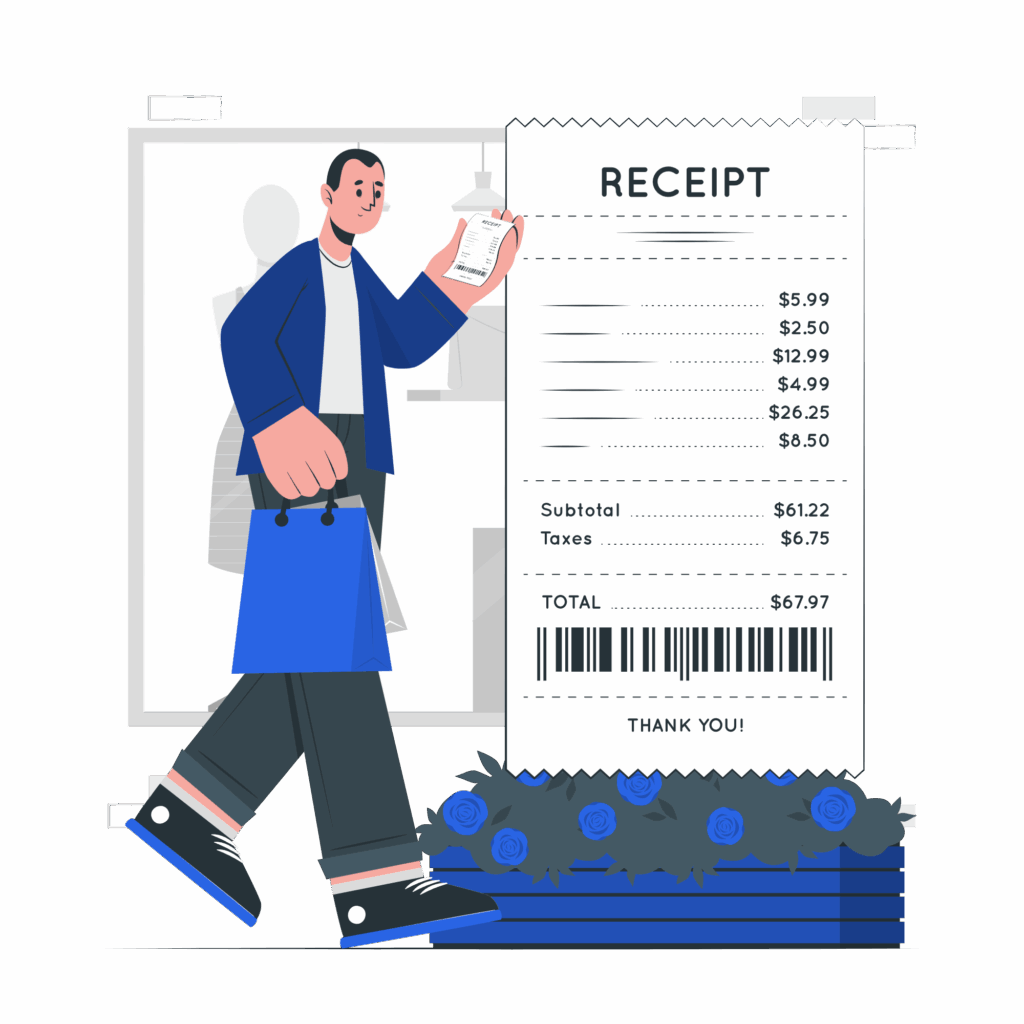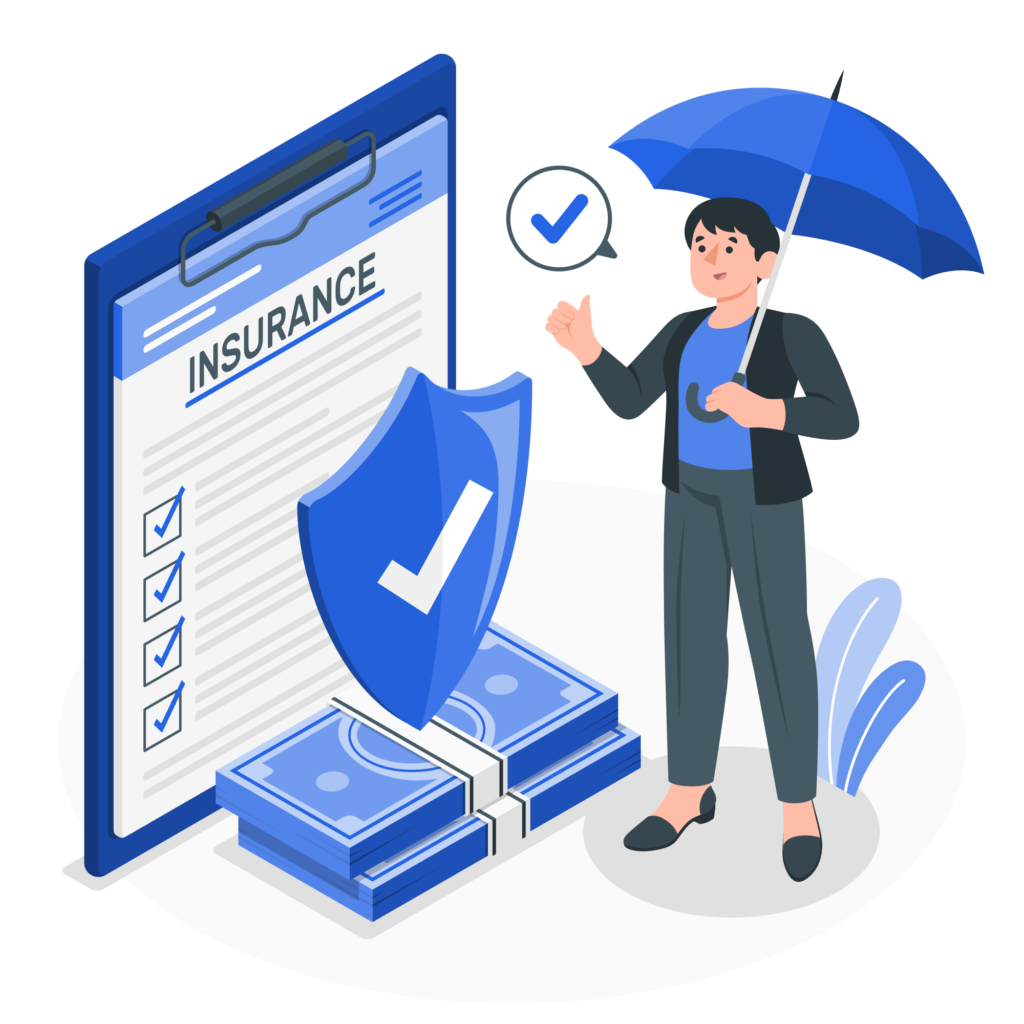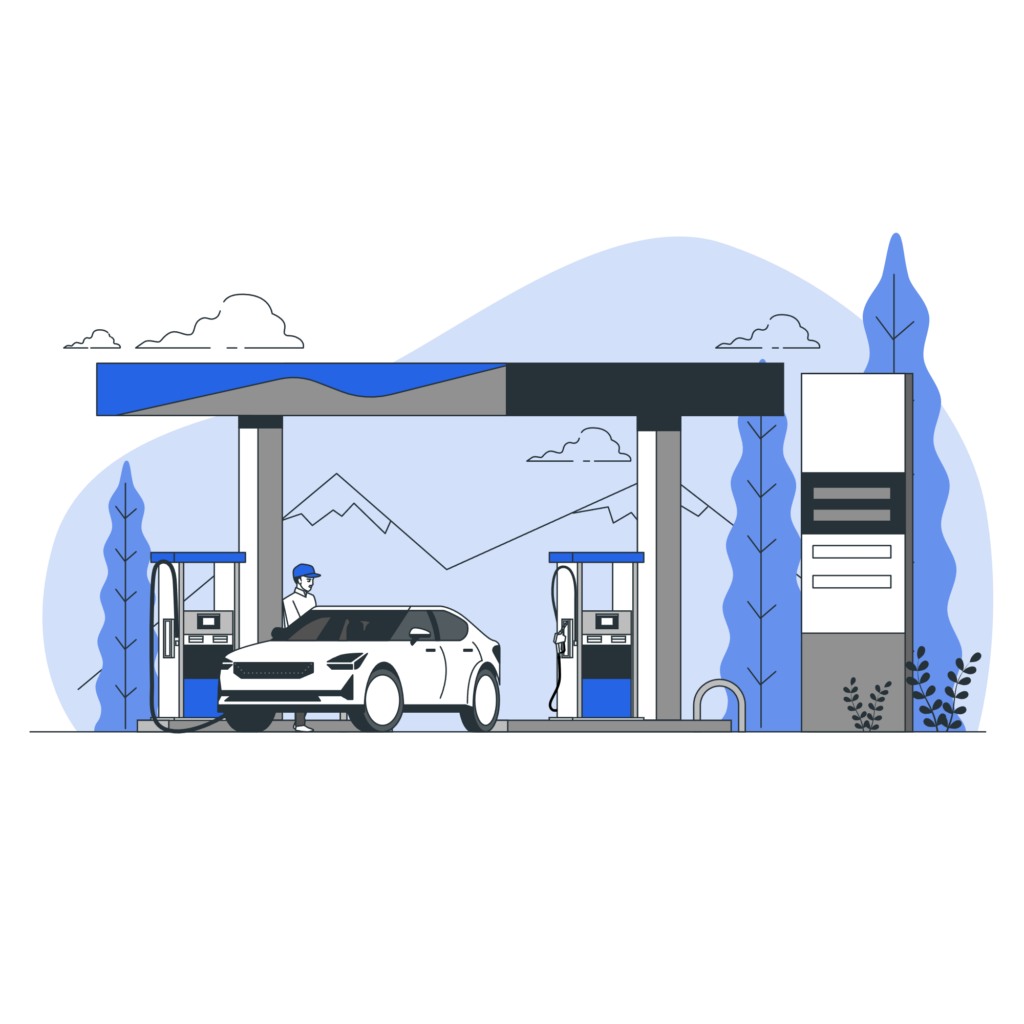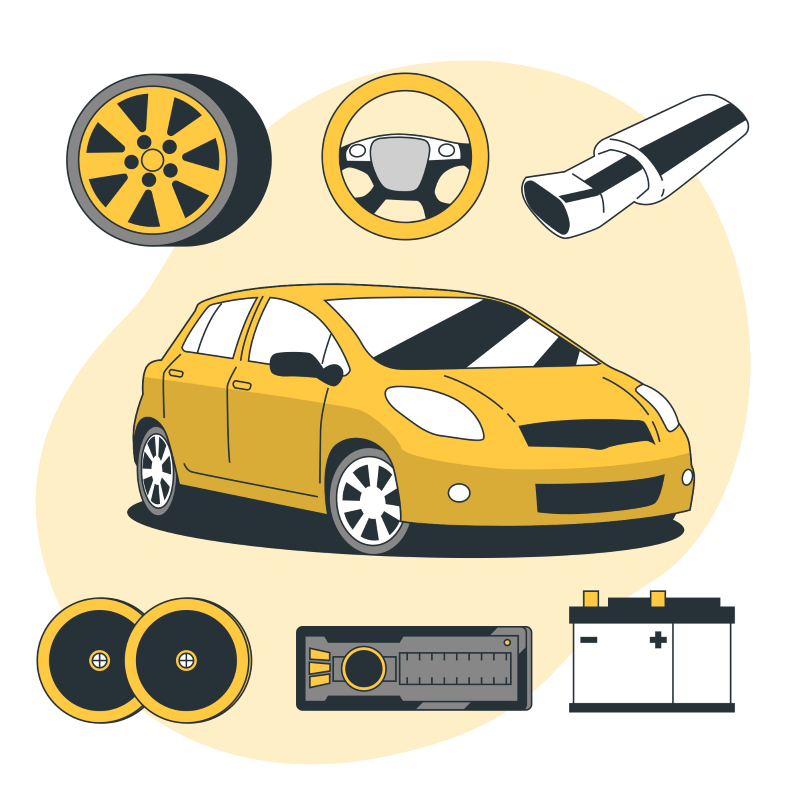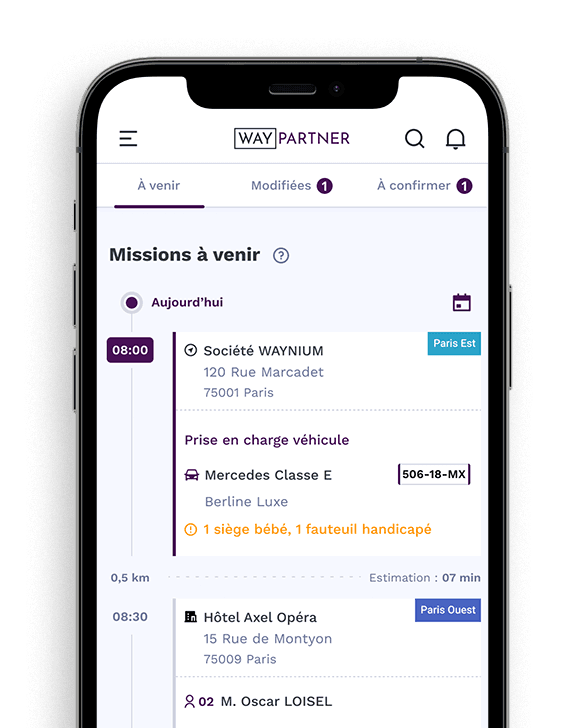Becoming a self-employed VTC driver appeals to many professionals because of the freedom and flexibility it offers. But starting up your own business comes at a considerable cost: vehicle, insurance, training, social security contributions, etc. There are a number of schemes available to ease the financial burden. They can help you get off to a smoother start and maximise the profitability of your business.
In a nutshell
Self-employed VTC drivers can benefit from a number of financial and tax incentives. ACRE provides partial exemption from social security contributions, ARCE (not to be confused with ACRE) provides start-up capital by mobilising part of unemployment benefit, and the activity bonus supplements modest incomes. In addition, there are tax benefits such as VAT exemption, a flat-rate allowance of 50 % under the micro-enterprise scheme, and payment in full discharge of tax. Used properly, these schemes significantly reduce the costs of starting up and running a business in the first few years.
Financial assistance available for self-employed VTC drivers
ACRE (Support for Starting or Taking Over a Business)
This is the best-known form of assistance for the self-employed. It provides relief from social security contributions for the first year of business, sometimes renewable depending on the situation. Beneficiaries include jobseekers, young people under the age of 26 and RSA recipients.
A concrete example: a VTC driver generating €2,500 in turnover per month would pay around €550 in social security contributions without ACRE. With ACRE, this sum is reduced to around €300 per month, representing savings of almost €3,000 over the year.
ARCE (Aide à la Reprise ou à la Création d'Entreprise - support for taking over or starting a business)
Entrepreneurs registered with Pôle emploi can choose to convert part of their unemployment benefit (ARE) into a capital sum. The ARCE corresponds to 45 % of the remaining rights, paid in two instalments: the first half at start-up, then the balance six months later.
Here's a concrete example: a jobseeker with €12,000 in remaining unemployment benefits can receive €5,400 in ARCE, of which €2,700 immediately after setting up the business and €2,700 six months later.
The activity allowance
Awarded by the CAF, it is designed to support workers on modest incomes. A self-employed VTC driver may qualify, depending on his turnover and family situation.
Here's a concrete example: a single person without children earning the equivalent of a net minimum wage could receive around €170 a month in activity allowance, which represents more than €2,000 over the year.
Local and regional aid
Some local authorities have introduced specific schemes, in particular to encourage the purchase of clean vehicles or to finance part of the training. These schemes vary from region to region.
Case in point: in the past, the Île-de-France region has offered up to €6,000 in assistance for the purchase of an electric vehicle used as a VTC.
Tax benefits for self-employed VTC drivers
The micro-enterprise scheme
This is the default scheme for self-employed VTC drivers. It offers simplicity and predictability: a turnover ceiling set at €77,700, a flat-rate allowance of 50 % for calculating tax, and contributions calculated solely on declared turnover.
A concrete example: for €40,000 of turnover, the tax authorities will apply an allowance of 50 %, and tax will be calculated on €20,000 only.
VAT exemption
As long as your turnover does not exceed €36,800, you are exempt from VAT. In other words, you don't charge it to your customers and you don't have to pay it to the government. This simplifies your procedures and makes your rates more competitive.
A concrete example: for a journey invoiced to the customer at €50 inc. VAT, a driver subject to VAT would have to pay around €10 to the State (20 %). If he is exempt, he keeps the full amount.
Payment in full discharge of income tax
It allows you to pay your tax at the same time as your social security contributions, as a percentage of your turnover. This is an attractive option if your reference tax income does not exceed a certain threshold (around €27,500 for a single person in 2025).
A concrete example: with an annual turnover of €30,000, the payment in full discharge at 1.7 % represents €510 of tax, paid as the year goes by, instead of an adjustment at the end of the year.
Administrative points of vigilance
- Disguised salaried employment As a self-employed person, you must prove that you are free to set your own hours, rates and working methods. Otherwise, you run the risk of being reclassified as having an employment contract.
- APE code Code 8299Z ("other business support activities n.e.c.") to avoid being classified as a transport company, which would entail other regulatory constraints.
- Rigorous management Separate your personal and business bank accounts, keep your receipts and declare your income regularly to URSSAF.
Conclusion
Self-employed VTC drivers have a number of ways of reducing their costs and securing their start-up. ACRE, ARCE, the business bonus, VAT exemption and the simplified micro-enterprise scheme are all valuable tools. A thorough understanding of these schemes will give you the best chance of launching your business on a solid footing.
Glossary
Here are some useful terms to know and understand:
-
ACRE (Aid for Business Creation or Takeover, formerly ACCRE): partial exemption from social security contributions in the first year.
-
ARCE (Help with taking over or starting a business - ARCE and ACRE are two different things): capital paid from unemployment rights to finance business start-ups.
-
AER (Allocation de Retour à l'Emploi): unemployment benefit paid to jobseekers.
-
VAT exemption (Value Added Tax): exemption from VAT under certain sales thresholds.
-
Payment in full discharge (income tax): simplified tax payment, proportional to turnover.


